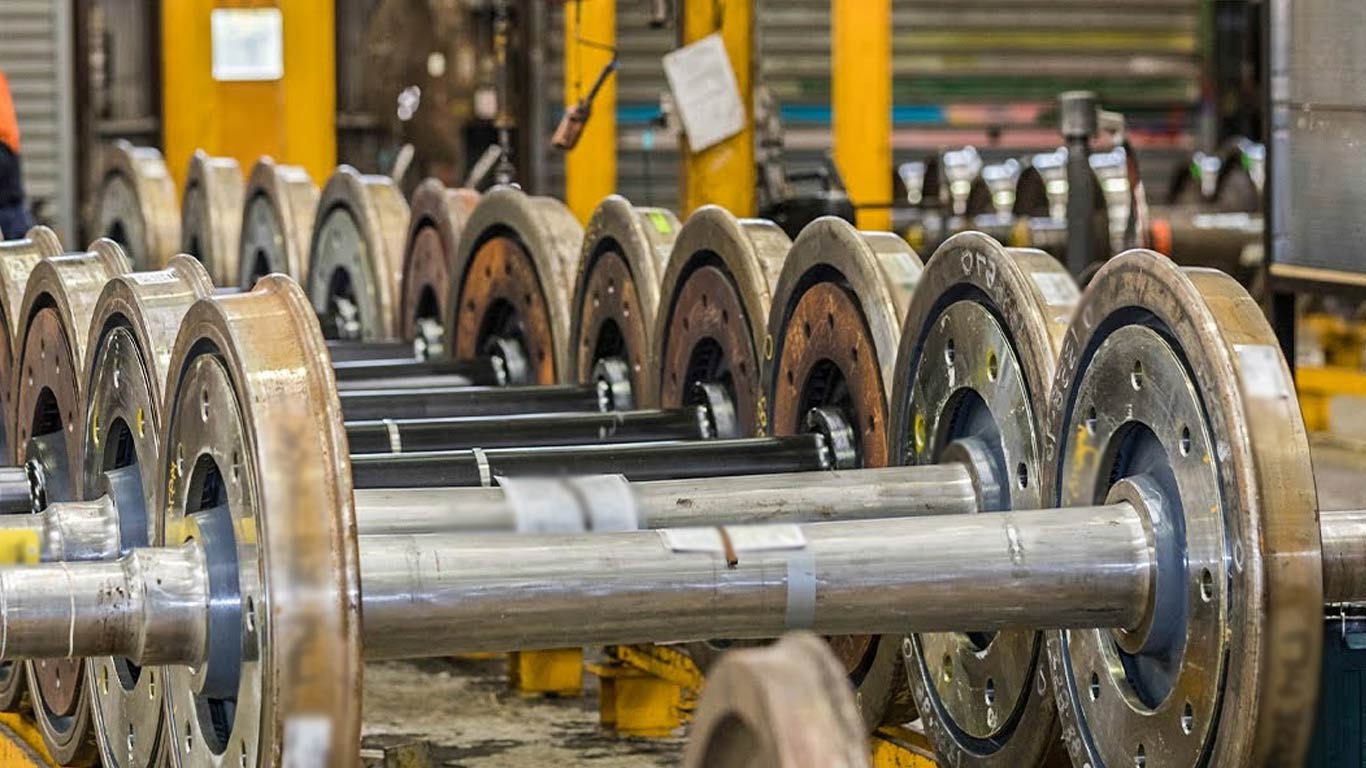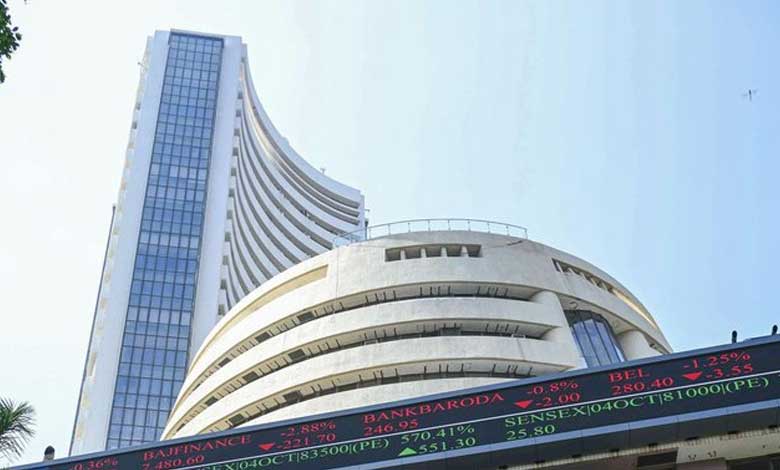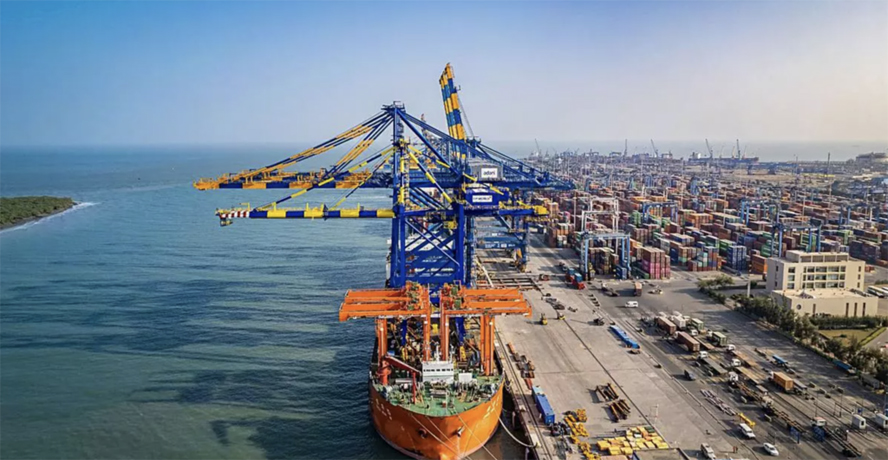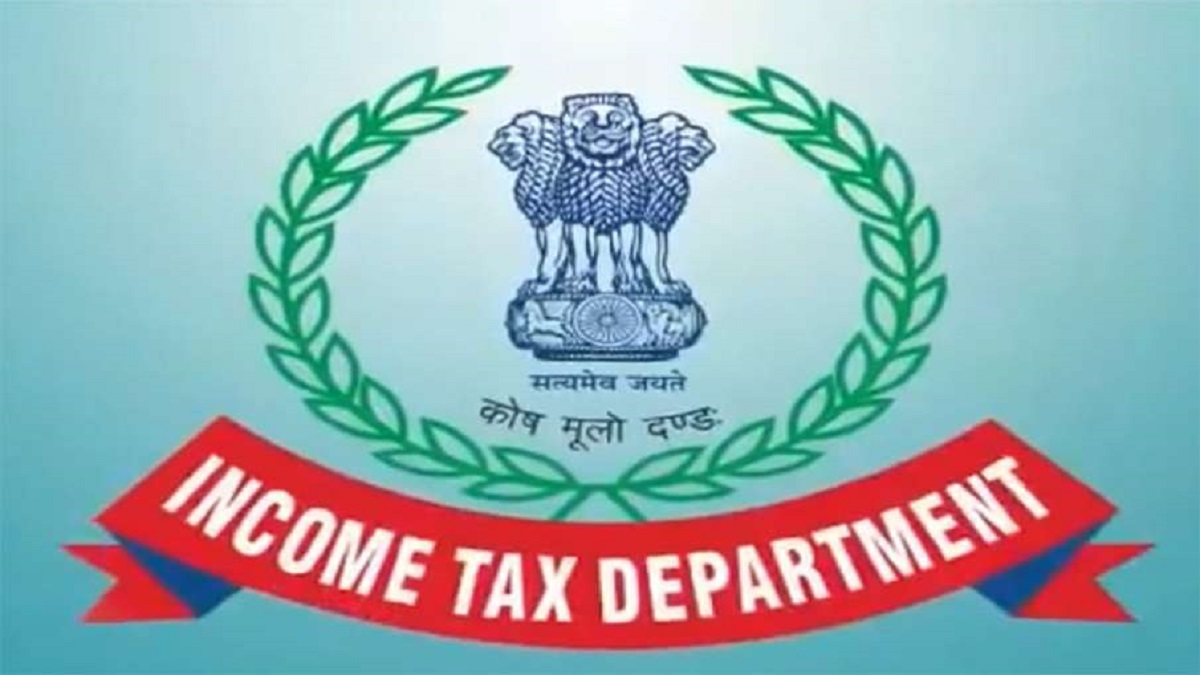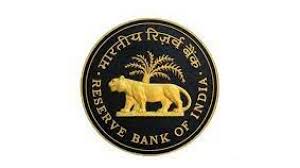LIC IPO: Retail portion subscribed fully
Fri 06 May 2022, 12:49:50
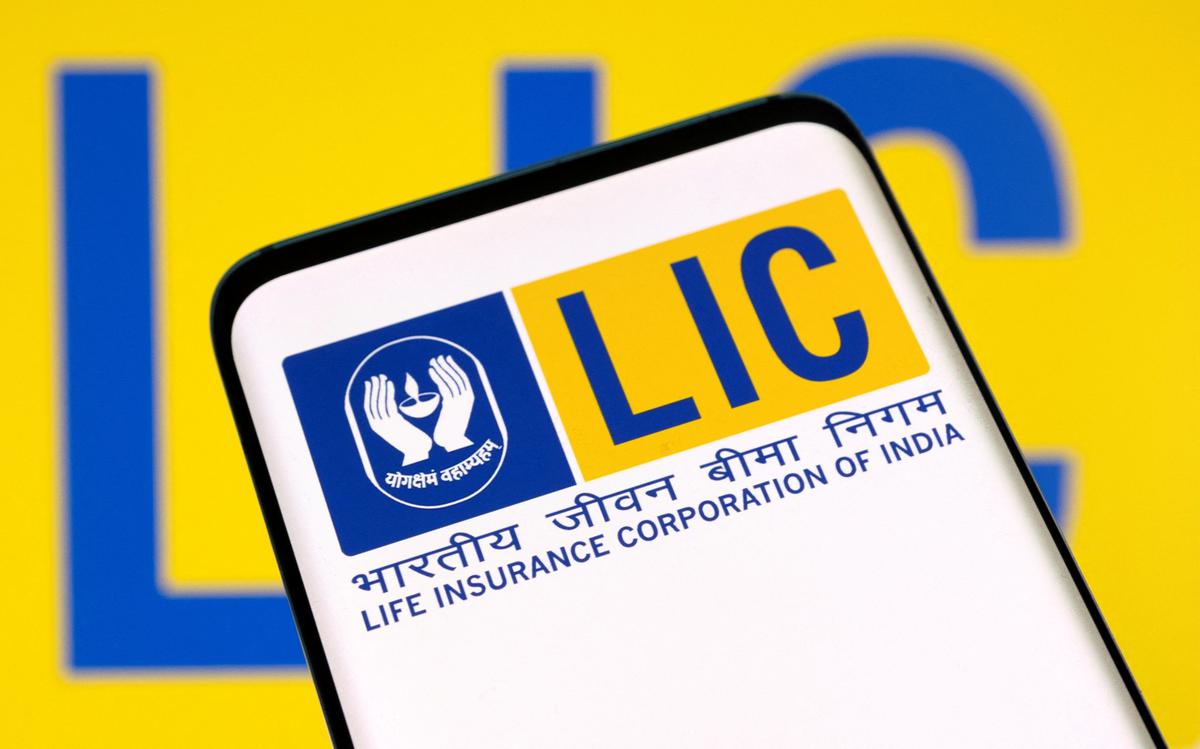
New Delhi: The retail portion of LIC IPO, the country's biggest-ever, was subscribed fully in the first hour of bidding on day three on Friday.
The Retail Individual Investor (RII) category garnered over 7.2 crore bid, as against 6.9 crore shares set aside for this segment, as per the data on stock exchanges at 11:36 am on Friday.
The segment was thus fully subscribed.
However, the Qualified Institutional Buyer (QIB) and Non-Institutional Investor (NII) portion has been receiving a tepid response. Non-institutional investors' portion was subscribed 50 per cent, while QIBs' portion is still lower at 40 per cent.
The policyholder portion was subscribed over three times, while the reserved employees' segment was subscribed nearly two and half times.
Overall, the IPO is more than fully subscribed as it has received 17,98,42,980 bids, as against 16,20,78,067 shares on sale.
The LIC initial public offering (IPO) will close on May 9.
The government aims to generate about Rs 21,000 crore by diluting its 3.5 per cent stake in the insurance
behemoth.
behemoth.
LIC has fixed the price band at Rs 902-949 per equity share for the issue. The offer includes a reservation for eligible employees and policyholders. The retail investors and eligible employees will get a discount of Rs 45 per equity share, and policyholders will get a discount of Rs 60 per equity share.
The share sale is through an offer-for-sale (OFS) of up to 22.13 crore equity shares. The shares are likely to be listed on May 17.
LIC has cornered a little over Rs 5,627 crore from anchor investors led primarily by domestic institutions. Anchor Investors (AIs) portion (5,92,96,853 equity shares) was subscribed at Rs 949 per equity share.
It has reduced its IPO size to 3.5 per cent, from 5 per cent decided earlier, due to the prevailing market condition. Even after the reduced size of about Rs 20,557 crore, the LIC IPO is going to be the biggest initial public offering ever in the country.
So far, the amount mobilised from the IPO of Paytm in 2021 was the largest ever at Rs 18,300 crore, followed by Coal India (2010) at nearly Rs 15,500 crore and Reliance Power (2008) at Rs 11,700 crore.
No Comments For This Post, Be first to write a Comment.
Most viewed from Business
AIMIM News
Asaduddin Owaisi questions PM Modi's China policy
Jan 08, 2025
Owaisi slams UP over police post near Sambhal mosque
Dec 31, 2024
Owaisi hails SC order on Places of Worship Act
Dec 13, 2024
AAP Corporator Tahir Hussain joins AIMIM party
Dec 11, 2024
Latest Urdu News
Most Viewed
May 26, 2020
Which political party will win the Delhi Assembly polls to be held on Feb 5?
Latest Videos View All
Like Us
Home
About Us
Advertise With Us
All Polls
Epaper Archives
Privacy Policy
Contact Us
Download Etemaad App
© 2025 Etemaad Daily News, All Rights Reserved.


